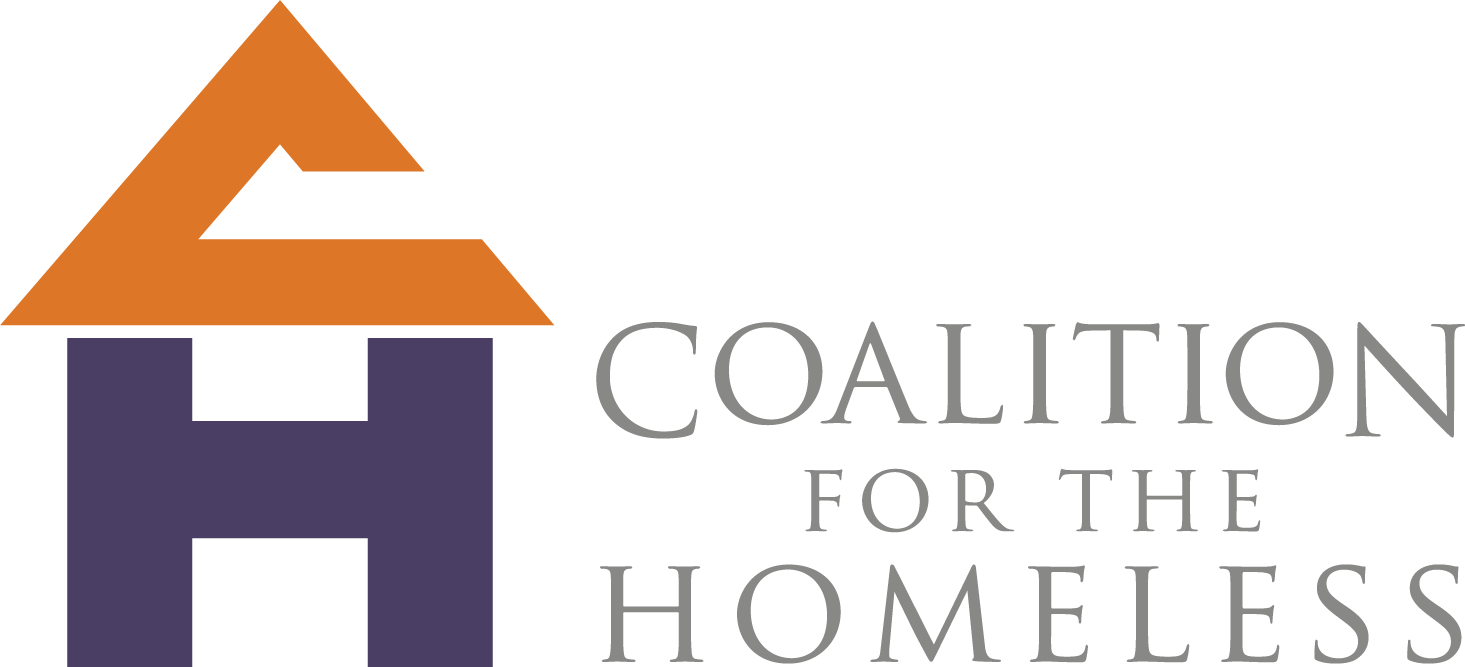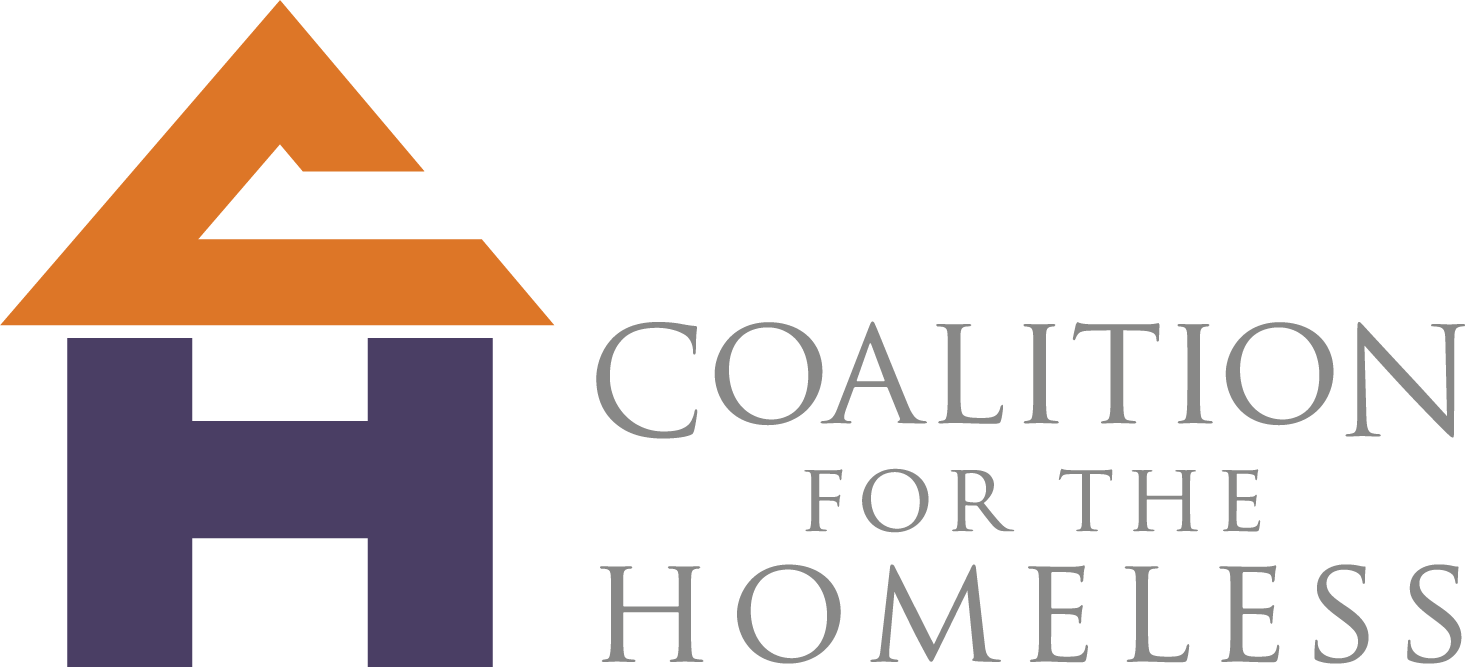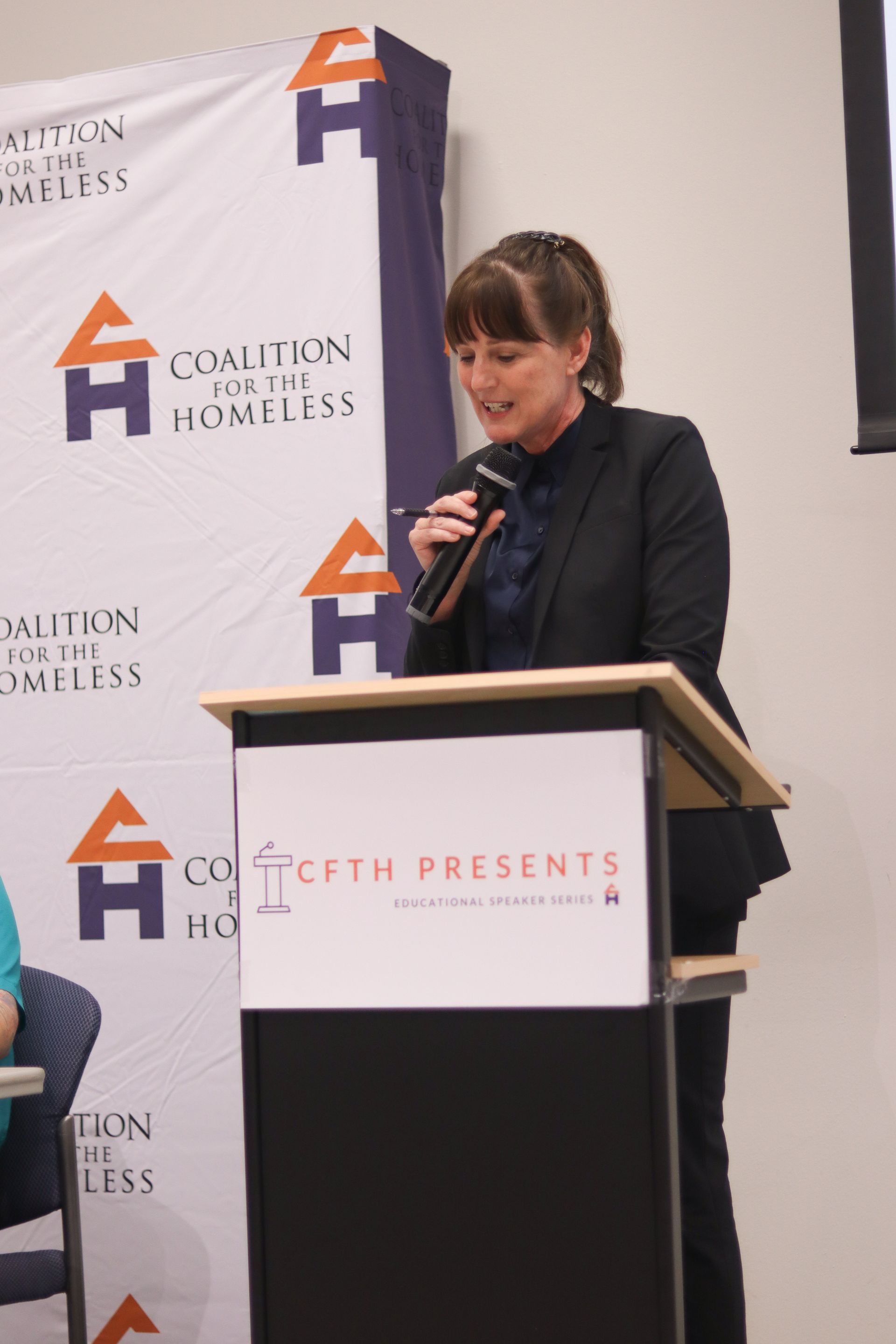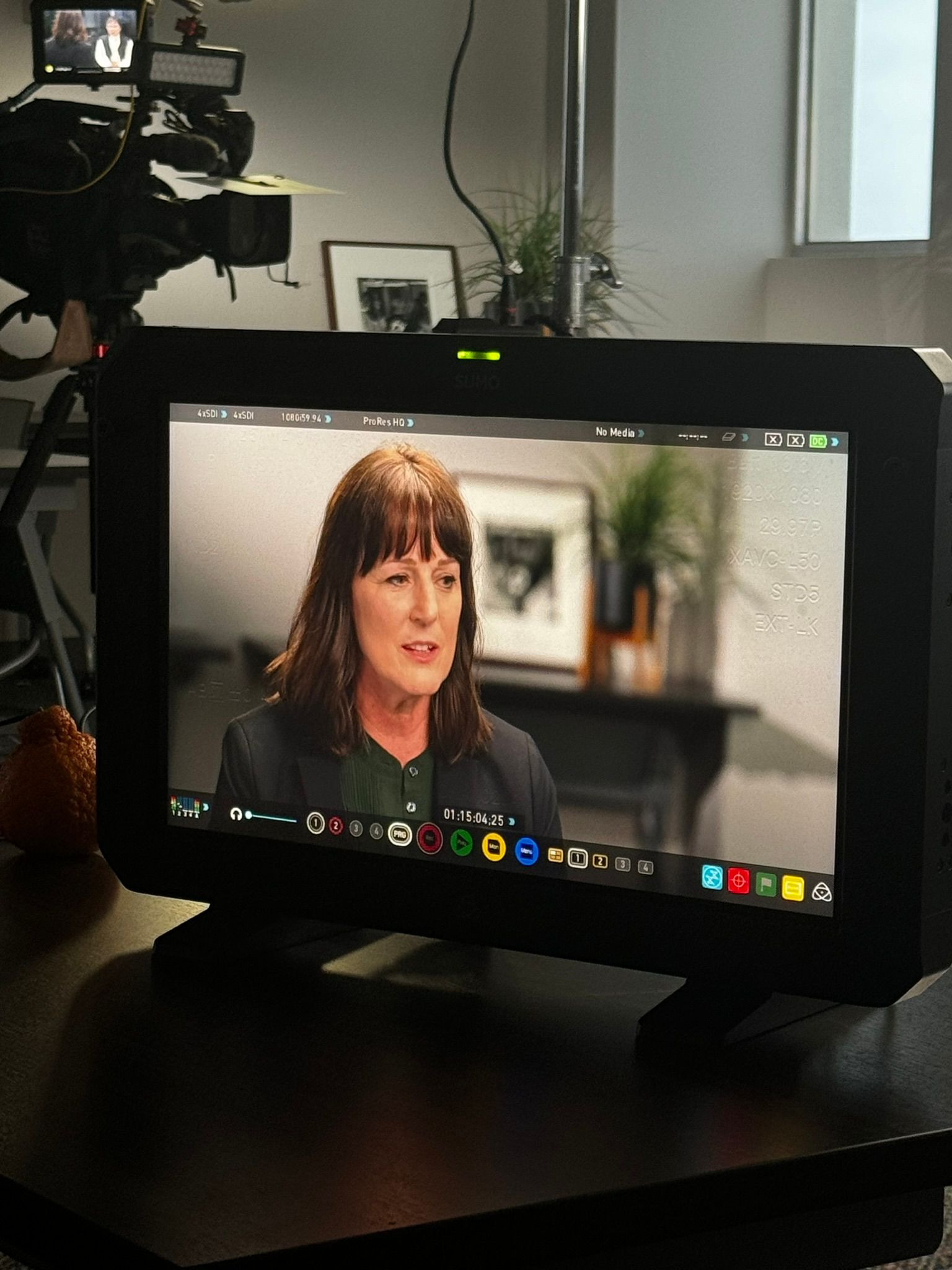Coalition Update – Coordinated Access Project
Communications Admin • Apr 03, 2014
In January, Houston began Phase 1 of Coordinated Access. Coordinated Access is a new and more efficient delivery system to quickly end homelessness for individuals and families. Previously, the homeless services delivery system in Houston has been focused on answering the question of “does this client fit into my program,” and as a result, clients could enter the system from a large number of points and often received the wrong intervention. What Coordinated Access does is answer the question “what housing and/or service intervention is best for this client,” through a smaller number of entry points and a standardized, coordinated effort between local service providers. The U.S. Department of Housing and Urban Development (HUD) is requiring Continuums of Care (CoCs) to develop and implement a Coordinated Access System for all CoC and ESG (Emergency Solutions Grant) funded programs, because research has shown that coordinated access systems help communities quickly and efficiently end homelessness.
The mission of the Coalition for the Homeless is to provide leadership in the development, advocacy, and coordination of community strategies to prevent and end homelessness. A large part of this leadership and coordination is done by program staff members at the Coalition who work with homeless service agencies, government entities, and other groups to foster collaboration and drive the process of creating real change to prevent and end homelessness in Houston. One such staff member is Ana Rausch, who serves as the Coordinated Access Project Manager at the Coalition for the Homeless. Her main function is to guide the implementation of this new delivery system, and work with those staff members who are working on the frontlines, with everything from assessment through housing the client.
Coordinated Access team members have come from local homeless service agencies that have amended certain grant contracts to reassign existing employees to work on behalf of Coordinated Access. Currently, there are three Housing Assessors who perform the intake process with a standardized questionnaire to determine what program or intervention will end an individual’s homelessness. There are also two Housing Navigators who, once a client is assessed and matched with housing, will assist the client with any appointments and paperwork it may take to get them housed, and see them through until they are housed. Through this process, Housing Navigators build an incredible amount of trust with their clients, so the Navigators work to transfer that trust to the client’s case manager who, once the client is housed, works with the client to ensure that they are successful in housing for the long term.
Phase 1 of Coordinated Access began on January 6, and in this soft rollout, 24 clients were assessed by Housing Assessors and assigned a Housing Navigator who ensured that these clients were housed. To highlight early successes of Houston’s Coordinated Access system, the first client to participate was housed within seven days of his initial assessment. From January 6 through March 31, 11 additional clients were housed and an additional 7 have pending approval. The remaining 5 households are still working with Housing Navigators to be matched with appropriate housing and resources.
Phase 2 of Coordinated Access began on April 1, and Rausch anticipates approximately 80 or more households to be assessed and housed (Phase 2 will run through July). Rausch also hopes to increase the Coordinated Access team by continuing to work with local agencies to reassign staff to contribute to this new and more efficient system. Existing outreach teams in the community will also be trained as assessors. Currently there are two physical locations where Coordinated Access assessments are being performed, but Rausch says that this will eventually increase to meet the need created by Houston’s large geographic area. Assessments will also be performed virtually (over the phone) using the Homeless Management Information System (HMIS) database managed by the Coalition. “Even though there will be multiple hubs where individuals can be assessed, through Coordinated Access, there will still be one standard assessment, one waiting list, and one system,” says Rausch.
Rausch says that she really enjoys her job because she sees the value in having an impartial party to help guide the process. “Since the Coalition for the Homeless serves tose who serve the homeless we are really once removed from providing direct service. This means that we can help develop best practices and stand by the Coordinated Access team members who are working with the clients to help them figure out this new system.” Furthermore, the greatest thing that Rausch has witnessed so far has been the collaboration between agencies and seeing “everyone working toward a common goal.” We are proud at the Coalition to play a part in helping foster collaboration and working together to end homelessness in Houston.
2000 Crawford St., Suite 700
Houston, TX 77002
Please note we do not
provide direct services for people experiencing homelessness. If you are in need of immediate assistance please call 211.
(713) 739-7514
© 2023 Coalition for the Homeless.
All rights reserved© 2024
All Rights Reserved |
Coalition for the Homeless of Houston/Harris County






